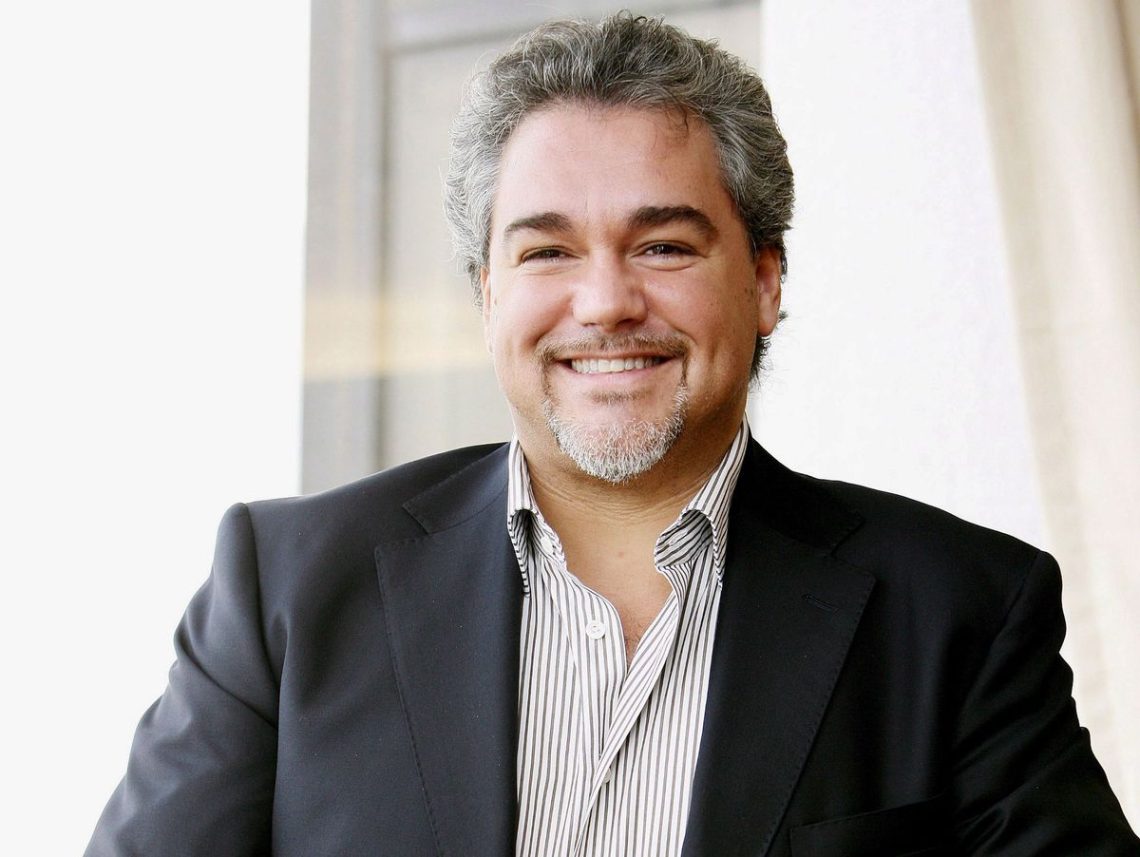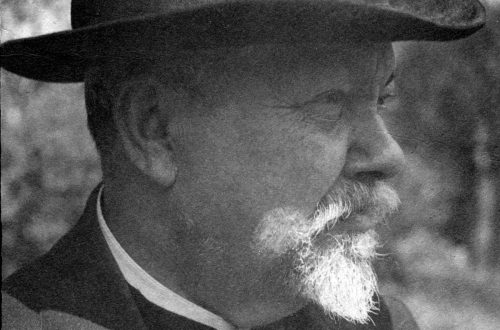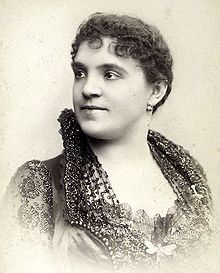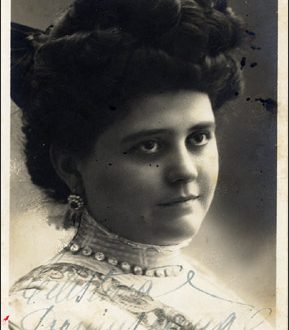
Salvatore Licitra |
Salvatore Licitra
If the English newspapers proclaimed Juan Diego Flores as Pavarotti’s heir, the American ones are convinced that the place of the “Big Luciano” belongs to Salvatore Licitra. The tenor himself prefers caution, arguing: “We have seen too many Pavarotti in past years. And too many Callas. It would be better to say: I am Lichitra.
Lycitra is a Sicilian by origin, his roots are in the province of Ragusa. But he was born in Switzerland, in Bern. The son of immigrants is a common thing in the Italian south, where there is no work for everyone. His family is the owner of a photolithographic company, and it was in it that Salvatore was to work. If only in 1987, at the height of perestroika, the local Sicilian radio station hadn’t played the song of a Soviet group “Comrade Gorbachev, goodbye” endlessly. The motive became so attached to the young Lichitra that his mother said: “Go to either a psychiatrist or a singing teacher.” At eighteen, Salvatore made his choice, of course, in favor of singing.
It is interesting that at first the beginning singer was considered a baritone. The famous Carlo Bergonzi helped Licitra to determine the true nature of his voice. For several years, the young Sicilian traveled from Milan to Parma and back. To Bergonzi’s lessons. But studying at the Verdi Academy in Busseto does not guarantee either a high-profile debut or lucrative contracts. Before Lichitra noticed Muti and chose him to play Manrico in Il trovatore at the opening of the 2000-2001 La Scala season, before he triumphantly replaced Pavarotti who refused to sing in May 2002 at the Metropolitan Opera, tenor He tried himself in a variety of roles, not always corresponding to his voice.
Lichitra’s voice is really very beautiful. Connoisseurs of voices in Italy and America say that this is the most beautiful tenor since the young Carreras, and its silvery hue is reminiscent of Pavarotti’s best years. But a beautiful voice is perhaps the last quality necessary for a great operatic career. And other qualities in Lichitra are absent or have not yet fully manifested. The singer is forty-two years old, but his technique is still imperfect. His voice sounds great in the central register, but the high notes are dull. The author of these lines had to be present at the performances of “Aida” in the Arena di Verona, when the singer simply let out terrible “roosters” at the end of the hero’s insidious romance. The reason is that the transitions from one register to another are not aligned. His phrasing is only sometimes expressive. The reason is the same: the lack of sound control technology. As for musicality, Licitra has even less of it than Pavarotti. But if Big Luciano, despite his unromantic appearance and huge weight, had all the rights to be called a charismatic personality, his young colleague is completely devoid of charm. On the stage, Licitra makes a very weak impression. The same unromantic appearance and extra weight harm him even more than Pavarotti.
But theaters are in such dire need of tenors that it is not surprising that on that May evening in 2002, after the end of Tosca, Licitra was applauded for a quarter of an hour. Everything happened like in the movie: the tenor was studying the score of “Aida” when his agent called him with the news that Pavarotti could not sing and his services were required. The next day, the newspapers trumpeted about the “heir to the Big Luciano.”
The media and high fees encourage the young singer to work at a frantic pace, which threatens to turn him into a meteor that flashed through the opera sky and disappeared just as quickly. Until recently, voice experts hoped that Lichitra had a head on his shoulders, and he would continue to work on technique and avoid roles for which he was not yet ready: his voice is not a dramatic tenor, only over the years and with the onset of maturity, the singer can think about Othello and Calaf. Today (just visit the Arena di Verona website), the singer appears as “one of the leading tenors of the Italian dramatic repertoire.” Othello, however, is not yet on his track record (the risk would be too high), but he has already acted as Turiddu in Rural Honor, Canio in Pagliacci, Andre Chenier, Dick Johnson in The Girl from the West , Luigi in “Cloak”, Calaf in “Turandot”. In addition, his repertoire includes Pollio in Norma, Ernani, Manrico in Il trovatore, Richard in Un ballo in maschera, Don Alvaro in The Force of Destiny, Don Carlos, Radamès. The most prestigious theaters in the world, including La Scala and the Metropolitan Opera, are eager to get their hands on it. And how can one be surprised at this, when three great ones have ended their careers, and there is no equivalent replacement for them and is not expected?
To the credit of the tenor, it must be said that in recent years he has lost weight and looks better, although an improved appearance cannot in any way replace stage charisma. As they say in Italy, la classe non e acqua… But the technical problems have not been completely overcome. From Paolo Isotta, the guru of Italian music criticism, Licitra constantly receives “stick blows”: on the occasion of his performance in the seemingly already proven role of Manrico in Il trovatore at the Neapolitan theater of San Carlo (recall that he was chosen for this role by Muti himself ) Isotta called him a “tenoraccio” (that is, a bad, if not terrible, tenor) and said that he was very out of tune and not a single word was clear in his singing. That is, there was no trace left of the instructions of Riccardo Muti. When applied to Licitra, a harsh critic used the phrase of Benito Mussolini: “Ruling the Italians is not only difficult – it is impossible.” If Mussolini is desperate to learn how to control the Italians, then Licitra is even less likely to learn how to control his own voice. Naturally, the tenor did not leave such statements unanswered, suggesting that some people were jealous of his success and accusing Isotta of the fact that critics contribute to the expulsion of young talents from their native country.
We just have to be patient and see what will happen to the owner of the most beautiful voice since the young Carreras.





